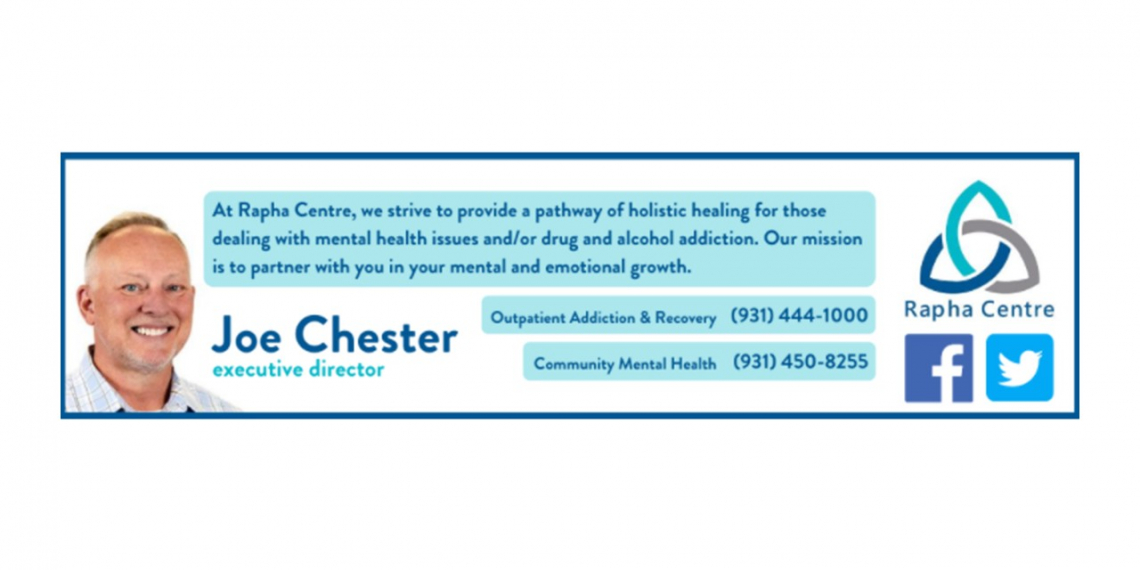Since around 2001, our society has become influenced by social media (Myspace, Twitter, Instagram, Snapchat, Facebook, etc.) as a way to interact with people, near and far, with the click of a button. While providing great access, freedom of expression, and communication, social media appears to cause mental health to suffer, especially in our children.
The rates of children, teens, and young adult’s mental health issues have increased significantly since 2012. Generation Z, those born between 1997 and 2012, seem to be the most vulnerable to depression and at risk for a psychiatric hospitalization1. Although, the reason(s) for this increase are not totally known, the leading suspect is social media.
For example: “A 2017 study of 8th to 12th graders found that high levels of depressive symptoms increased by 33% between 2010 and 2015. The suicide rate for girls in this age group increased by 65%2.” Another study found that three or more hours on social media per day can put adolescents at a higher risk for mental health issues3.
Some of the psychological factors negatively affecting children and teens in social media include:
- thinking either that other peoples’ issues are their own (internalizing)
- thinking their internal problems require everyone else’s attention (externalizing)
- negative body image and self-esteem (especially in young girls)
- FOMO—a fear of missing out and a general sense of being on the outside
- poor concentration because of the light, vibrations, and sounds on smart phones
- virtual bullying
- serious sleep issues
Some signs that you or your child may be negatively affected by social media are:
- abnormal moodiness
- lack of concentration
- excessive amounts of time on their devices
- lack of social engagement
- lack of sleep
- poor academic performance
Recommendations include:
- Turn off push notifications on phones
- Monitor adolescents on social media, and check in with them about their social media presence and identity
- Encourage your child to come to you if they feel they are being bullied, or talked to inappropriately
- Model good behavior by limiting your own social media and smart phone use
- Establish a “phone free” time, such as putting away devices up to two hours before bed
At Rapha Centre, our licensed mental health professionals specialize in working with children and adolescents to help weather the storm of setting boundaries with social media and resolving some of the issues that arise from social media use. Please contact us for further information:
Outpatient Addiction & Recovery Community Mental Health 482 Interstate Drive, Suite D 1615 McMinnville Highway Manchester, TN 37355 Manchester, TN 37355 931-444-1000 931-450-8255 Mon-Fri 7:15am-5:00pm/Sat, Sun-Closed Mon-Fri 7:15am-5:00pm/Sat, Sun-Closed
References
1 American Psychological Association. “Mental health issues increased significantly in young adults over last decade: Shift may be due in part to rise of digital media, study suggests.” ScienceDaily. ScienceDaily, 15 March 2019. www.sciencedaily.com/releases/2019/03/190315110908.htm.
2 Miller, Caroline. “Does Social Media Cause Depression?” Child Mind Institute. https://childmind.org/article/is-social-media-use-causing-depression/.
3 Riehm KE, Feder KA, Tormohlen KN, et al. “Associations Between Time Spent Using Social Media and Internalizing and Externalizing Problems Among US Youth.” JAMA Psychiatry. 2019;76(12):1266–1273. doi:10.1001/ jamapsychiatry.2019.2325.
For more information: The Social Dilemma documentary on Netflix












